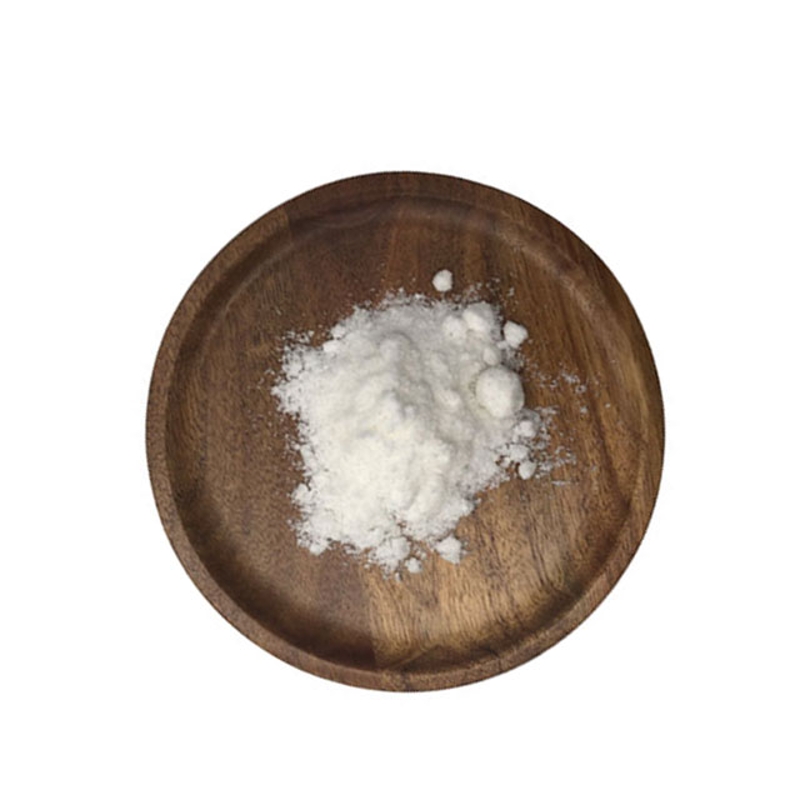-
Categories
-
Pharmaceutical Intermediates
-
Active Pharmaceutical Ingredients
-
Food Additives
- Industrial Coatings
- Agrochemicals
- Dyes and Pigments
- Surfactant
- Flavors and Fragrances
- Chemical Reagents
- Catalyst and Auxiliary
- Natural Products
- Inorganic Chemistry
-
Organic Chemistry
-
Biochemical Engineering
- Analytical Chemistry
- Cosmetic Ingredient
-
Pharmaceutical Intermediates
Promotion
ECHEMI Mall
Wholesale
Weekly Price
Exhibition
News
-
Trade Service
▎WuXi AppTec content team editor
, Shiao, R.
, Shaked, J.
et al.
Brainstem ADCYAP1+ neurons control multiple aspects of sickness behaviour.
Nature 609, 761–771 (2022).
https://doi.
org/10.
1038/s41586-022-05161-7[2] The brain cells that slow us down when we're sick.
Retrieved October 27th, 2022 from style="outline: 0px;max-width: 100%;box-sizing: border-box !important;overflow-wrap: break-word !important;">
When we are sick and feel unwell, we often become reluctant to eat, drink water, or move around
.
These behavioral changes are what scientists call "sickness behavior
.
"
These sick behaviors may make us feel uncomfortable, but in fact, when we or other animals are injured or infected by pathogens, these behaviors play an energy-saving effect – saving metabolic energy, leaving energy for the immune response, and therefore essential
for the survival of the individual.
Conversely, animals are forced to eat when they are sick and the risk of death increases
significantly.
But how did this extremely common act of sickness come about? How does the brain coordinate this desire not to eat and drink, but to lie flat? Recently, a study in the journal Nature uncovered the neural mechanism in mouse experiments: a special group of neurons in the brainstem regulates different sick behaviors, causing them not to want to eat, drink and move around
when they are sick.
This study directly links inflammation to the regulation of behavior by neural pathways, providing new insights
into the interaction of the immune system with the brain.
"Our understanding of the role the brain plays in infection is still in its early stages," said Jeffrey M.
Friedman, a professor at The Rockefeller University who led the study, "but based on these results, we now have the opportunity to explore: What does the brain look like when we are sick?" ”
In the latest study, the authors decided to find out the brain regions
behind the mice's sick behavior.
They exposed mice to lipopolysaccharides, which activate the immune system of mice and induce sick behavior
as a component of bacterial cell walls.
Shortly after the lipopolysaccharide injection, the research team observed a spike
in the activity of a group of neurons expressing the neuropeptide ADCYAP1 at the site of the dorsal complex of the vagus nerve in the mouse brainstem.
Further tests confirmed that the team did find the right brain cells: They activated these neurons in healthy mice and found that the mice ate, drank, and moved around less
.
Conversely, ADCYAP1 neurons were inhibited, and the influence of lipopolysaccharides on these behaviors was significantly diminished
.
"Previously, it was not known whether the same set of neurons regulates this set of behaviors," Professor Friedman said, "Our findings are surprising: a single group of neurons can regulate every sick behavior
.
" ”
However, the authors are not very surprised
by the conclusion that this brainstem region is involved in regulating sick behavior.
In the dorsal vagus complex, the blood-brain barrier does not exist, which allows circulating factors in the blood to transmit information
directly to the brain.
"This brain area becomes the brain's alarm center, relaying information about disgusting, harmful substances that reduce food intake
.
" Professor Friedman said
.
Next, the research team plans to build on these findings to explore the physiological signals and neural circuits that regulate eating behavior
.
They were particularly interested in why some mice that had been edited to become gluttonous also stopped eating
after a bacterial infection.
At the same time, scientists also plan to study the role of other brain regions in sick behavior, thereby expanding our understanding of
brain function.
"We studied one brain region, but there are many other brain regions that are activated
in the immune response.
This opens the door
to a comprehensive understanding of brain function at the time of infection.
Lead author Dr.
Anoj Ilanges, who currently works at the Howard Hughes Medical Institute, said
.
, Shiao, R.
, Shaked, J.
et al.
Brainstem ADCYAP1+ neurons control multiple aspects of sickness behaviour.
Nature 609, 761–771 (2022).
https://doi.
org/10.
1038/s41586-022-05161-7[2] The brain cells that slow us down when we're sick.
Retrieved October 27th, 2022 from style="outline: 0px;max-width: 100%;box-sizing: border-box !important;overflow-wrap: break-word !important;">







